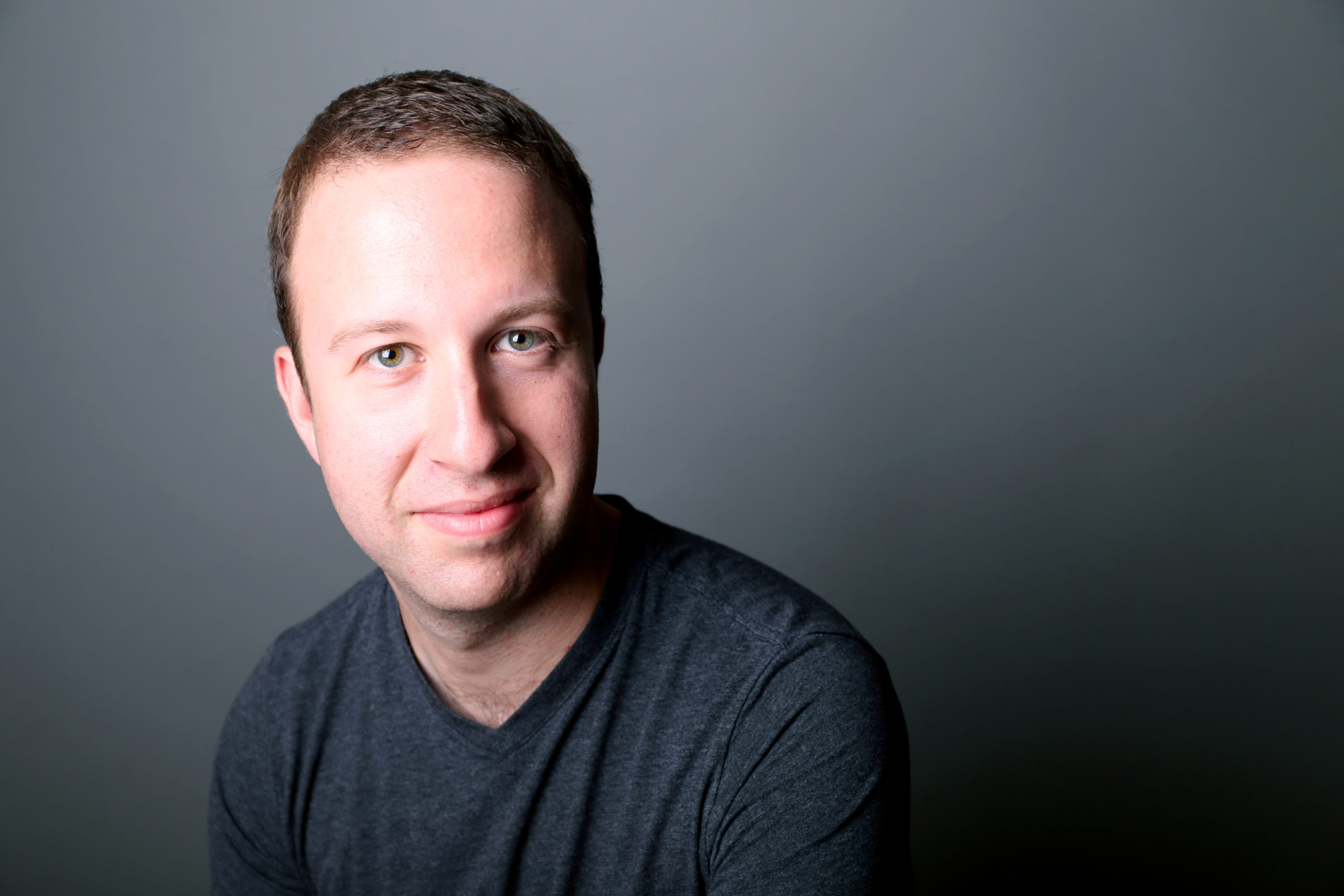Science Slam: A New Forum for Sharing Canadian Science
Author(s):
Alan Shapiro

A recent poll commissioned by the Ontario Science Centre paints an alarming picture of the public perception of science in Canada (http://www.cbc.ca/beta/news/technology/science-attitudes-survey-2017-1.4298800). 43 percent of Canadians believe that scientific findings are a matter of opinion, while 66 percent agree that false information reported as fact (‘fake news’) is affecting their knowledge of science. The poll does present a silver lining, however. 82 percent of Canadians would like to know more about science and how it affects our world.
For me as a science communicator, these results are both a source of worry and an opportunity. At its core, they speak both to the disconnect between Canadian scientific institutions and the public and to the decreasing value of information in the age of post-truth. In that context, my mission as a science communicator is to facilitate a conversation between science and society to engage the public in Canadian science.
When Nikki Berreth and I founded Science Slam Canada in Vancouver in 2016, we hoped it would offer a new way to make science personal, relatable, and accessible. The speed and energy with which it grew was something we couldn’t have predicted. In the span of a year, it evolved from a fun side project into a multi-city network hosting a range of events and enabling scientists to better connect with their communities.
So what exactly is a science slam? Based on the format of a poetry slam, a science slam is a competition that allows a range of scientific knowledge holders, including researchers, students, and educators to share their science with a general audience. Competitors have five minutes to present on any science topic and are judged based on communication skills, audience engagement, and scientific accuracy. Use of a projector or slideshow is not allowed, but props and creative presentation styles are encouraged.
The slam format provides an informal medium for the public and the scientific community to connect with and learn from each other. Science slams generally take place in bars, cafes, or theaters, which remove scientists from their traditional lecture environments. The lack of projector also takes away a common presentation ‘crutch’ and forces competitors to engage with their audience more directly.
Competitors and judges are chosen through a selection process designed to support diversity and maximize the benefit to speakers and the audience. Past speakers have ranged from students and researchers to educators and actors. Judges have included professors, media personalities, comedians and improvisers. And since the event is as much about the audience as about the speakers, spectators are asked to vote for their favourite speaker.
As moderators for the CSPC 2017 Science Slam workshop, Nikki Berreth and I are excited to give a voice to the local science community. The slam will showcase young scientists and science communicators from the Ottawa area, including graduate students, undergraduate students, and government scientists sharing topics from the treatment of brain cancer to the use of drones for enhancement of wireless connectivity. We promise you an action-packed workshop, an engaging learning experience, and an interactive discussion about science communication in Canada.

